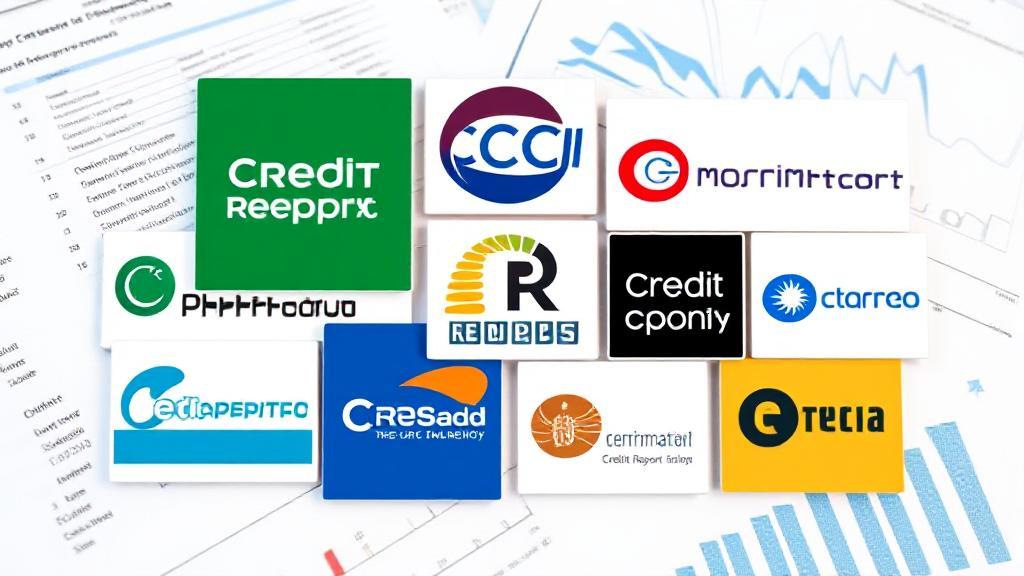Introduction
In today's financial landscape, credit reporting agencies play a pivotal role in determining an individual's or business's financial health. These agencies collect and maintain credit information, which is then used by lenders, insurers, and even employers to make informed decisions. Understanding their role is crucial for anyone looking to manage their credit effectively.
What Are Credit Reporting Agencies?
Credit reporting agencies, also known as credit bureaus, are organizations that compile and maintain credit information on individuals and businesses. They gather data from various sources, including:
- Credit card companies
- Banks and lenders
- Collection agencies
- Public records
- Utility companies
The Big Three
In the United States, three major credit reporting agencies dominate the landscape:
- Equifax: Founded in 1899, one of the oldest credit reporting agencies
- Experian: Offers a wide range of services globally
- TransUnion: Known for innovative solutions
Data Collection and Reporting
Credit bureaus receive regular updates from creditors about consumers' account status and payment behavior. This information typically includes:
Factors Affecting Credit Scores
Several factors can affect an individual's or business's credit score:
- Payment history: Late or missed payments can negatively impact credit scores
- Credit utilization: High credit utilization can also negatively impact credit scores
- Length of credit history: A longer credit history can positively impact credit scores
- Credit mix: A diverse mix of credit types can positively impact credit scores
- New credit: Applying for too much new credit can negatively impact credit scores
Why Are Credit Reporting Agencies Important?
"Your credit report is essentially your financial report card, determining whether you'll be approved for loans and what interest rates you'll pay." - Consumer Financial Protection Bureau
Impact on Financial Life
Credit reports influence numerous aspects of our lives:
- Lending decisions
- Employment opportunities
- Rental applications
- Insurance rates
- Utility deposits
Fraud Prevention
By monitoring credit activity, these agencies help detect and prevent fraudulent activities. They alert consumers to suspicious transactions, enabling them to take swift action to protect their credit.
Consumer Rights and Protections
The Fair Credit Reporting Act (FCRA) provides important consumer protections:
Regular Monitoring
- Check credit reports at least annually
- Review for accuracy and signs of fraud
- Monitor credit scores through various services
Free Annual Reports
Consumers are entitled to one free credit report annually from each major bureau through AnnualCreditReport.com.
Dispute Resolution
If you find errors on your credit report, it's important to dispute them promptly. Each agency has a process for addressing inaccuracies, which can be initiated online or by mail. Consumers have the right to dispute inaccurate information and request corrections within 30 days.
Industry Evolution
The credit reporting industry continues to evolve with:
Alternative Data
- Rent payments
- Utility payments
- Streaming service subscriptions
- Mobile phone payments
Digital Age Considerations
Modern credit reporting includes:
- Real-time reporting capabilities
- Alternative data sources
- Digital access to reports and scores
- Enhanced security measures and encryption technology
Conclusion
Major credit reporting agencies serve as crucial intermediaries in the financial system, influencing everything from loan approvals to employment opportunities. By understanding their role and actively managing your credit report, you can take control of your financial future. Whether you're a consumer or a business owner, staying informed about your credit standing is essential for financial empowerment in today's economy.
